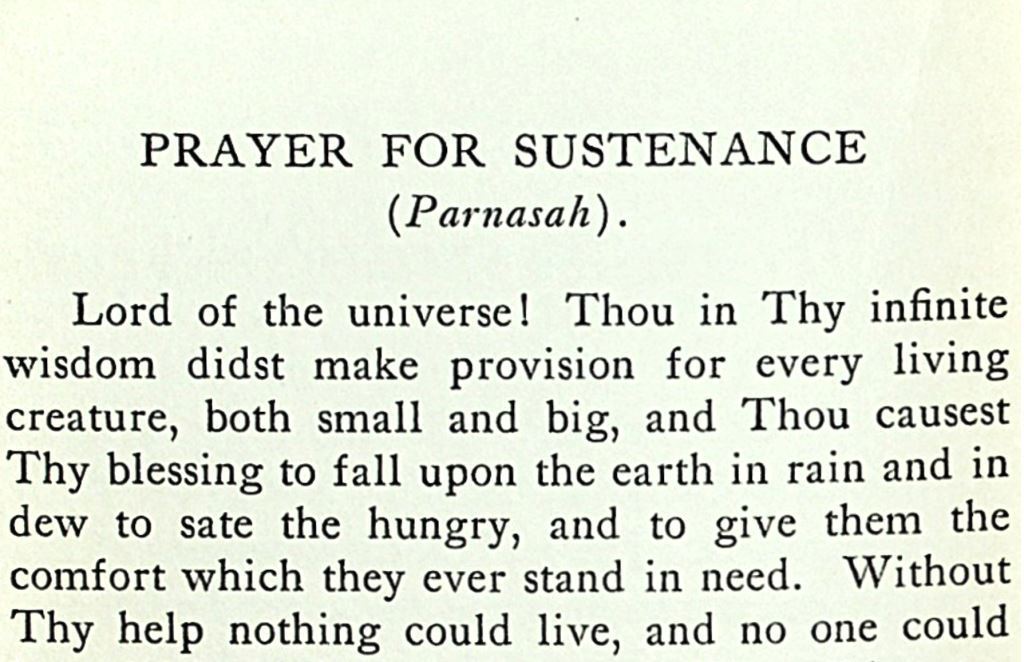
This work is in the Public Domain due to the lack of a copyright renewal by the copyright holder listed in the copyright notice (a condition required for works published in the United States between January 1st 1924 and January 1st 1964).
This work was scanned by Aharon Varady for the Open Siddur Project from a volume held in the collection of the HUC Klau Library, Cincinnati, Ohio. (Thank you!) This work is cross-posted to the Internet Archive, as a repository for our transcription efforts.
Scanning this work (making digital images of each page) is the first step in a more comprehensive project of transcribing each prayer and associating it with its translation. You are invited to participate in this collaborative transcription effort!
PREFACE
I do not apologize for presenting this volume to the Jewish woman in the English-speaking countries. I am merely offering an apology for the Rabbis who failed to provide such great need long ago, and permitted decades to go by without offering to Jewish womenhood a volume of this kind. The home should be enriched with spiritual treasures possible to find in the vast sea of Jewish learning. Besides being modern, charming, citizens, social leaders, home-makers, mothers and the heart of Israel, the Jewish ladies have a world all their own, a privacy which is as sacred to them as life itself, for they are the life-givers of Israel.
A Jewish mother, in her hour of disappointment, or even in her hour of the greatest happiness, feels like being alone for a while. Why? It is none else than a call from her Maker to her soul. Let her pray! And, she would, if any prayer-book would speak her language, give words to her thoughts, self-expression to her mood, and room for her soul to broaden out and spread the wings of her imagination over the entire desert of mysteries which we call world—life.
The Jewish woman does not become “Bar mitsvah”; She is not a “Bar”; she is, at most, confirmed, but in her heart of hearts she knows that she isn’t—isn’t a man. Nature has provided her with that sense of delicacy which provides her, under all conditions, with the gift of acting. But she wants to be herself; she has a craving for “being alone, and being let alone.”
Women in Judaism have a special place. They were excused from such duties which must be performed at stated times, seasons, hours, or periods. But they are otherwise obliged to observe all precepts of the Torah, both mandatory and prohibitive. In American Israel, the Jewish women are at the fore-front of synagogue activities. Their homes to them are the real temples in Israel. And, living in a world all their own, it is but right that special prayers, supplications, meditations and hymns be supplied to them from original sources, which should add a drop in their cup of happiness, and take out the poison of their cup of bitterness.
Rabbi SIMON GLAZER,
New York, Tebet, 14, 5690

“📖 Techinah-Book, by Rabbi Simon Glazer (1930)” is shared through the Open Siddur Project with a Creative Commons Public Domain Dedication 1.0 Universal license.










Leave a Reply